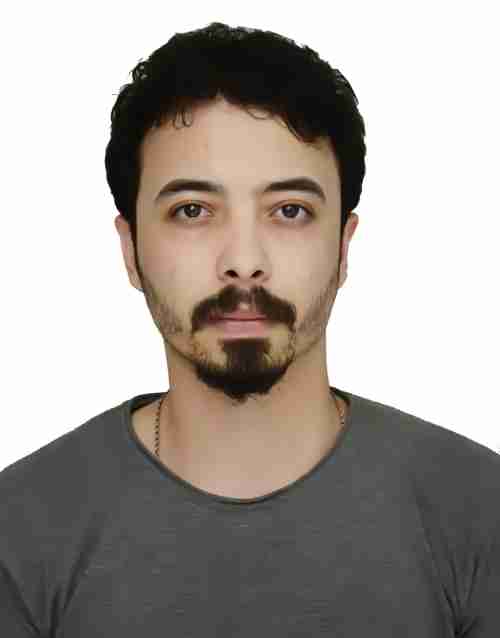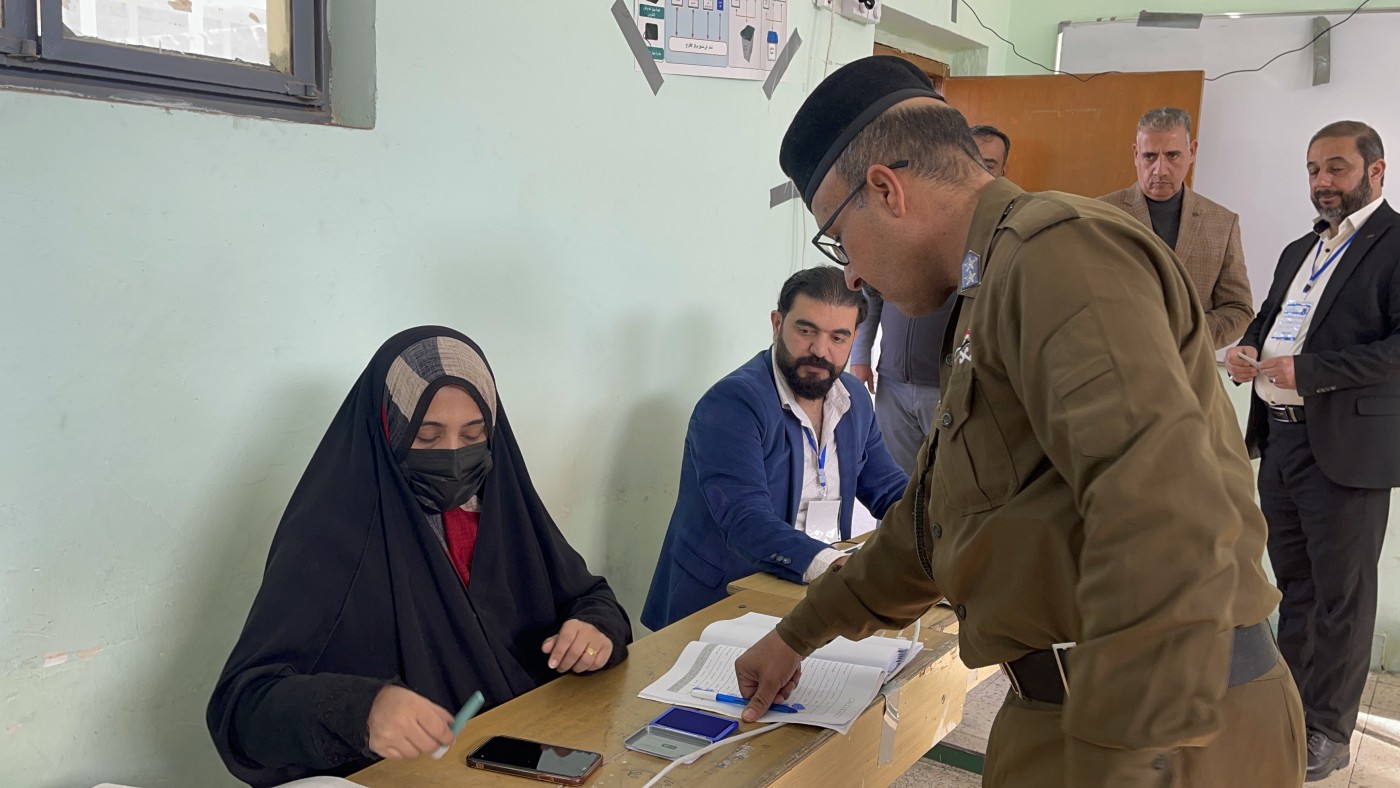FALLUJAH, Iraq - Iraq’s provincial council elections seem to have taken on a hereditary character with the number of candidates that are the wives, siblings, and children of officials at a level unseen since 2006.
People on the street note this when they see the ubiquitous photos of candidates bearing the surnames of politicians, party leaders, and officials, in addition to their use of resources that candidates without similar relationships have.
Among the most prominent of these are Hassan Thabet Al-Abbasi, Sondos Nassif Jassim - sister of Alia Nassif - and Muhannad Najm Al-Jubouri, son of the former governor of Nineveh.
Many others have nominated their children for the provincial councils as well, sparking questions about what sort of support they have received and what sort of effect this is having.
Candidates weigh in, lament ‘paucity of ideas’
Anbar provincial council candidate Issa Al-Sayer told The New Region in an interview on December 14 that, “the nomination of politicians’ relatives or those belonging to active political parties in the government has a major impact on voting since they have money.”
"Politicians and many people in the government help them, providing a high incentive for voters to elect them,” he added.
"We hope that the Anbari voter will be aware of the stage our society is going through and the setbacks that have effected it, that the failed experiments will not be allowed to be repeated, and that they will be able to choose the right person for the right place,” Sayer stressed.
Candidate Ornis Saad Al-Issawi expressed different views on how voters would react to these attempts to bring relatives into such important posts.
He told The New Region in another interview on the same day that, “the nomination of politicians’ relatives for the local elections certainly has a significant impact on the results of the elections, which leads to a lack of change and a paucity of new ideas as their points of view will be the same” as those that came before them and “did nothing for the country”.
"This matter will lead to a monopoly of governance and power, which citizens will not accept,” he warned.
“Voters,” he continued, “are looking for new faces far from those that seize power, money, and rights."
Voters remember my time in office, former MP and candidate’s mother says
“Of course, my being a former politician is something that helps my son get membership in the provincial council,” former member of the Iraqi parliament Ibtisam Muhammad Darb, the mother of candidate Hussein Al-Fahdawi, told The New Region in a phone interview on December 15, noting that the reason for this was however that she had worked hard and served the population during her time in office.
“This was what pushed my son to run for office, since he followed my political career closely,” she added, denying that there was however any influence produced money obtained from the state or through corrupt means.
“There are oversight bodies,” she stressed, and Iraq’s Independent High Electoral Commission “will not allow such violations. This would lead to the candidate being excluded and held legally accountable."
Electoral affairs observer Nazem Hadid told The New Region in an interview on December 14 that some of the candidates are supported by political parties and that, “one politician in power nominated one of his relatives to help consolidate a system of families in politics” in Iraq.
He added that this “system” includes families that have large backing at both the social and tribal levels and that they thus “will have a base to start from”.
The others have “a non-existent chance of winning due to the large number of candidates” and their lack of money.
Hadid stressed that the public “is divided into sections, including part that is ‘ideological’,” meaning that it is committed to its principles and tries to stay informed, viewing “elections to be a means and not an end”.
The other, he added, “lacks this cultural and political awareness and gets deceived by conspiracies” and is “vulnerable to exploitation”.



 Facebook
Facebook
 LinkedIn
LinkedIn
 Telegram
Telegram
 X
X


